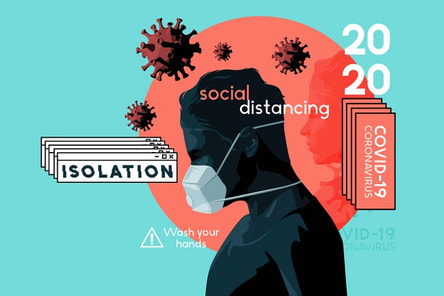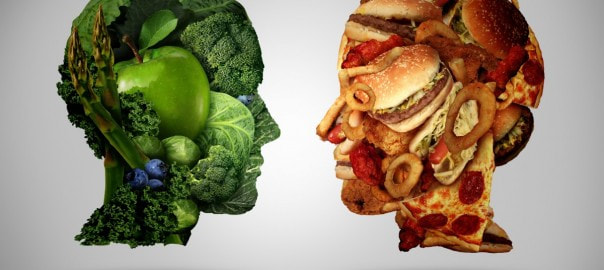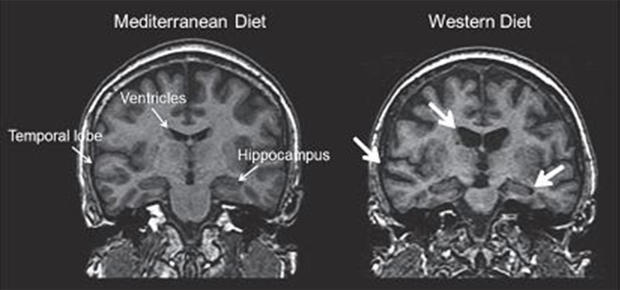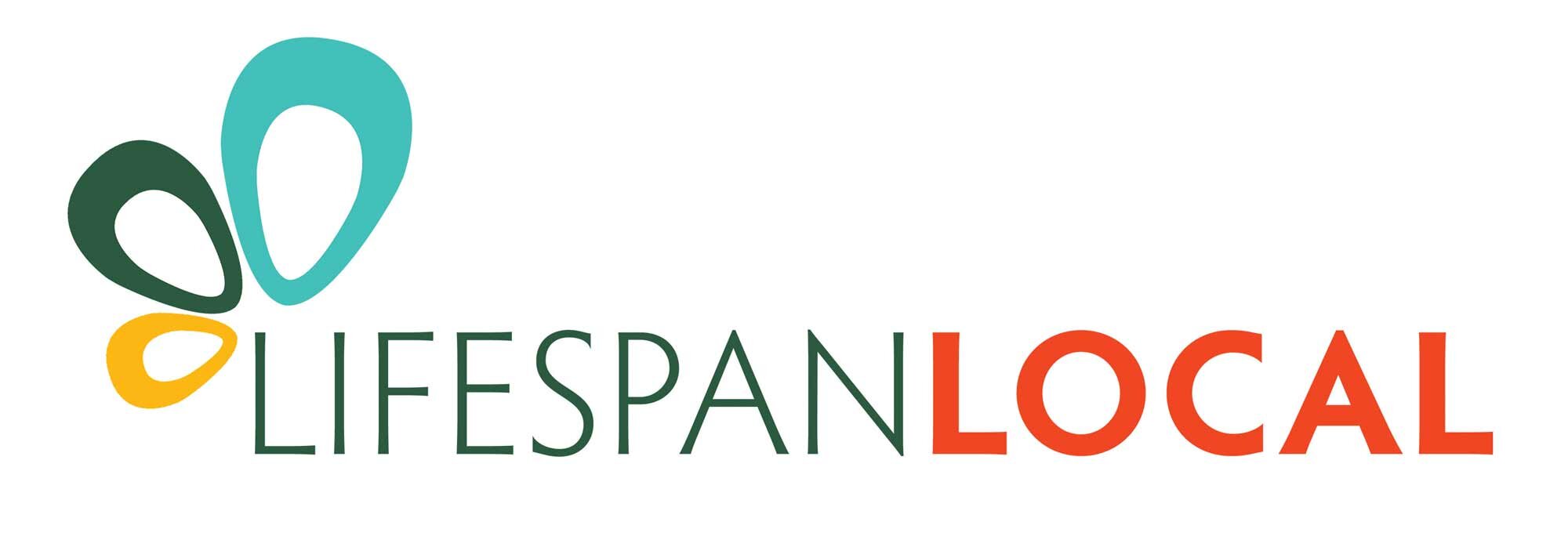According to First Things First, our brains grow up to 90% of its size by 5 years-old (2022). Since we specifically work with 3-5-year-olds at our school, we are aware of how much growth children make during their short time with us. In case you didn’t know, we operate and approach teaching children at my school with scaffolds and learning through discovery or playing. If there is a weakness in a child’s mental development due to lack of proper nutrition, then they may have a more difficult time regulating emotions and stress could cause unhealthy behavioral and thinking patterns.
How do scientists know that fish, greens, nuts, and beans help our minds and prevent mental health issues? Well, a study over 4 years following more than 10,000 college students in Spain showing that those with a Mediterranean diet had a 42-51% decrease risk of depression (Sánchez-Villegas et al., 2009). Another study showed results for those already depressed in a dietary intervention over 12 weeks showed 33% of the participants in remission (Jacka et al., 2017). Over 80,000 Japanese women showed proven results that the intake of fish during pregnancy lowers the chance of postpartum depression (Hamazaki et al., 2020). These studies and more are just a brief testament showing how foods within a Mediterranean diet are keys to helping our mental health.
How to get such foods? I understand many parents and people in a community may have a difficult time to include these foods for their children and families, and I didn’t want to share a problem without a resolution to acquire some of these foods. Here are a few free food options specifically within the Southwest Denver region of where I work.
- Brian Barrett (Coach B.)
[email protected]
References
American Academy of Pediatrics. (2021). Mental Health During COVID-19: Signs Your Child May Need More Support. HealthyChildren.Org. https://www.healthychildren.org/English/health-issues/conditions/COVID-19/Pages/Signs-your-Teen-May-Need-More-Support.aspx
Deans, E. (2015, October 9). Does a Western Diet Shrink the Brain? Psychology Today. https://www.psychologytoday.com/us/blog/evolutionary-psychiatry/201510/does-western-diet-shrink-the-brain
First Things First. (2022). Brain Development. https://www.firstthingsfirst.org/early-childhood-matters/brain-development/
Hamazaki, K., Matsumura, K., Tsuchida, A., Kasamatsu, H., Tanaka, T., Ito, M., Inadera, H., & Japan Environment and Children's Study Group (2020). Dietary intake of fish and n-3 polyunsaturated fatty acids and risk of postpartum depression: a nationwide longitudinal study - the Japan Environment and Children's Study (JECS). Psychological medicine, 50(14), 2416–2424. https://doi.org/10.1017/S0033291719002587
Jacka, F. N., Cherbuin, N., Anstey, K. J., Sachdev, P., & Butterworth, P. (2015). Western diet is associated with a smaller hippocampus: a longitudinal investigation. BMC medicine, 13, 215. https://doi.org/10.1186/s12916-015-0461-x
Jacka, F. N., O'Neil, A., Opie, R., Itsiopoulos, C., Cotton, S., Mohebbi, M., Castle, D., Dash, S., Mihalopoulos, C., Chatterton, M. L., Brazionis, L., Dean, O. M., Hodge, A. M., & Berk, M. (2017). A randomised controlled trial of dietary improvement for adults with major depression (the 'SMILES' trial). BMC medicine, 15(1), 23. https://doi.org/10.1186/s12916-017-0791-y
Mosconi, L. (2018). Brain Food: The surprising science of eating for Cognitive Power. Avery Publishing.
Sánchez-Villegas, A., Delgado-Rodríguez, M., Alonso, A., Schlatter, J., Lahortiga, F., Serra Majem, L., & Martínez-González, M. A. (2009). Association of the Mediterranean dietary pattern with the incidence of depression: the Seguimiento Universidad de Navarra/University of Navarra follow-up (SUN) cohort. Archives of general psychiatry, 66(10), 1090–1098. https://doi.org/10.1001/archgenpsychiatry.2009.129
Author: Brian Barrett
After teaching and living in Denver for over 5 years, much of Brian's focus is on improving the lives of 3-5 year-olds and their community. Hiking and travel breaks are often too.





 RSS Feed
RSS Feed